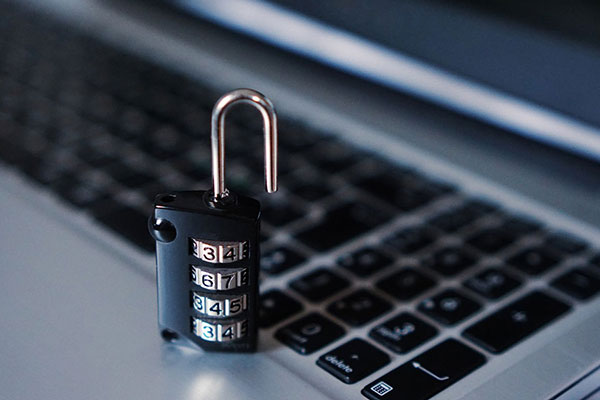24 Hour Support Desk (905) 307-4357




While the internet has transformed the way that businesses operate, while mostly positive, it has opened a whole new word of security threats. Being knowledgeable about the latest cyber security best practices is the first step in protecting your business from malicious attacks. Cyber security and computer security are popular topics, but is there a difference? If you have wondered how cyber security is different from computer security, it is actually quite straightforward.
Simply put, computer security means dealing with the security of a standalone computer’s software and hardware. One of the most important aspects of computer security is keeping stand-alone machines updated and properly patched.
Cyber security, on the other hand, involves the security of individual computers plus the network they belong to and the intercommunication between all the computers in your organization, mobile devices, printers and more. It can be easy to remember the difference by knowing that the meaning of the word ‘cyber’ is a ‘culture of computers.’ It encompasses everything that is connected.
It is important to know what the most common forms of cyber attacks are so that you can ensure that your business has the proper computer and cyber security methods in place.
While there is always an ever-evolving list of security threats and dangers, some of the most common cyber threats are:
Viruses – are malicious programs that get loaded onto victims computers without their knowledge or permission. Typically, they replicate and infect files and programs installed on the computer. The goal is to disable functionality or to keep it from working at all.
Worms – are software programs that will copy themselves from one computer to another, automatically. They use up disk space and can quickly replicate with larger volumes and speed.
Keylogger – or a keystroke logger tracks the real-time activity of someone using their computer. It records every keystroke made on a keyboard and is a powerful threat as it can steal individuals usernames, passwords and login credentials.
Botnet – are when a group of computers connected online have all been compromised by a hacker using a virus. The victims’ computers are typically then used for malicious activities and bigger attacks such as denial-of-service attacks.
Phishing – is when criminal disguises themselves as a business or individual to steal sensitive data or personal information, typically via fraudulent emails and malicious links. Phishing is so dangerous because it can easy to execute and hackers are getting more sophisticated at making their emails look legitimate.
Rootkit – is a program that once installed provides privileged access to the hacker. They can then change system settings on the computer and remotely execute files.
As cyber threats become increasingly sophisticated and relentless, businesses and individuals alike must learn to arm themselves with the best information and resources available to keep secure. Some tips for staying protected are:
Because no system is ever foolproof, even if you are following the tips above and more, your business could still be a target. To evaluate your risk, get a free cyber security assessment today.